What you should know
While selling gold has never been as easy and valuable as today, it has never been riskier. Whether you sell your gold at a local jeweler, a pawnshop, or even online, it is imperative that you are well informed about the market and your items. if you're not careful, to wind up with less than its full value. To ensure you will be getting the highest value for your gold, keep the following points in mind:
Understand the Scales
The weight of gold helps determine its value, but keep in mind that jewelers use a different measurement standard called a Troy ounce. U.S. scales will measure 28 grams per ounce, while gold is measured at 31.1 grams per Troy ounce. Some dealers may also use a system of weights called pennyweight (dwt) to measure a Troy ounce, while others will use grams. A pennyweight is the equivalent of 1.555 grams. Be alert that a dealer does not weigh your gold by pennyweight but pay you by the gram, a sneaky way for the dealer to pay you less for more weight of gold.Pure gold is too soft to be practically used so it is combined with other metals to create durability and color. The Federal Trade Commission (FTC) requires that all jewelry sold in the U.S. describe a karat fineness of the alloy. One karat equals 1/24 of pure gold by weight. So 14 karats would mean the jewelry was 14 parts gold and 10 parts other metals. It is illegal for jewelry to be labeled "gold jewelry" if it is less than 10 karats. It is important to know the karats of your gold to make an informed decision on the scrap value of your jewelry.
Keep Your Karats Separate
Don't let jewelry of different karat value be weighed together. Some dealers will weigh all jewelry together and pay you for the lowest karat value. Separate your jewelry by karat value before attempting to sell.
Know What You Are Selling
Some gold items may be worth more when sold as they are, rather than if they are melted down. If your gold necklace or bracelet comes from a well-known designer or maker, it may have a value to some buyers beyond the gold it's made of
Beware of Gold Parties
The Better Business Bureau (BBB) advises all consumers that while gold parties may be a fun and convenient way to make some cash, they may not provide you the best deal. Follow these tips from BBB to make sure you’re getting the best value for your gold. Keep in mind that gold parties, often hosted by friends and neighbors, are really more about fun than value. Taking all factors into consideration, sellers at gold parties will likely get far less of the real value of their item.
Beware 'Rogue' Buyers
Be extremely cautious about doing business with transient gold dealers called
"rogue" buyers (also known as "hotel" or "pop-up" buyers). They blow into town,
run ads promising high prices and set up shop in a hotel ballroom. After
vacuuming up a city's worth of jewelry and coins, they disappear, sometimes
leaving their victims unpaid or underpaid.
Bring Your I.D
Gold buyers are required by law to ask sellers for government-issued
identification, This requirement is designed to protect consumers by helping
police investigate the sale of stolen property and prevent money laundering. All
reputable gold buyers comply with these rules, so ifyou don't get asked to show
your I.D., be warned
Know the value
Call a local jewelry store or check with an online source, such as www.goldprice.org, to verify the current market price for gold before you sell. Some dealers know people are just looking for quick cash to put in their pockets and will offer you money for your gold that is lower than the actual value.
Know your buyer
Check out jewelry stores and gold buyers registered with BBB at www.bbb.org. A BBB Business Review tells basic information about the business as well as any complaints and whether the complaints have been resolved when presented to the business by the BBB.
Shop around
Remember, you don't have to jump at the first offer for your gold. Shop around for a few different bids. To ensure you are really getting the best price for your jewelry, have it appraised before selling. This may cost you more up front, but your jewelry may be worth more than its weight when you include workmanship, artistic value, and embedded gems for the piece as a whole.

